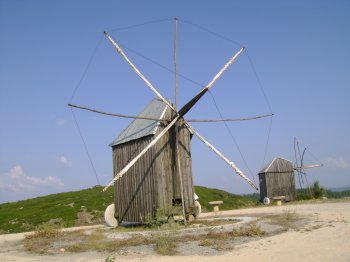Explore the best places
Heritage in Portugal
Museu do Carnaval da Ilha Terceira - Hélio Costa
- heritage
Rua Doutor Adriano Paim
9760-314, Praia da Vitória
Space also known as the Hélio Costa Museum, in honor of the person who wrote most of the lyrics for traditional dances. The collection on display portrays Carnival on this island, using exhibits, photographs, videos, documents, etc.
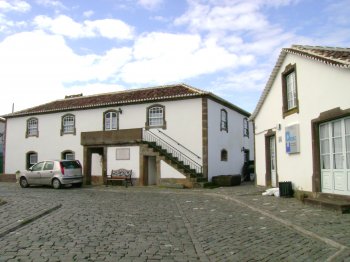
Igreja Matriz de Praia da Vitória / Igreja de Santa Cruz
- heritage
Praça Francisco Ornelas da Câmara
9760-533, Praia da Vitória
Church built in 1456, when Jácome came from Bruges to take charge of the captaincy. Highlights include its portals, the Manueline vaults of the side chapels and the Renaissance wooden altarpiece.
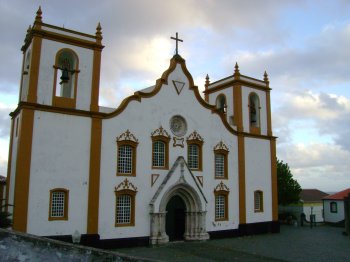
Museu do Vinho dos Biscoitos
- heritage
Canada do Caldeiro, 3
9760-054, Praia da Vitória
This space consists of three houses, a patio, a trellis and two small ampelographic fields. Here you can learn about the history of vineyards and wine.
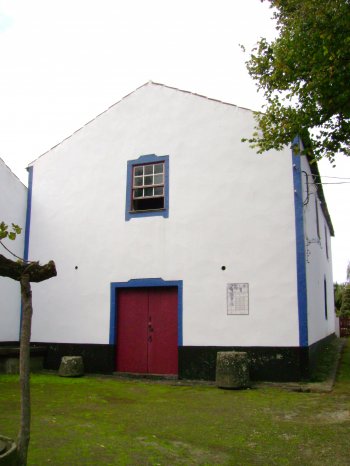
Passeio dos Poetas
- heritage
Praça Francisco Ornelas da Câmara
9760-469, Praia da Vitória
Set of tile panels with the name, profile and a brief text of a Portuguese-speaking poet, distributed throughout Praia da Vitória.
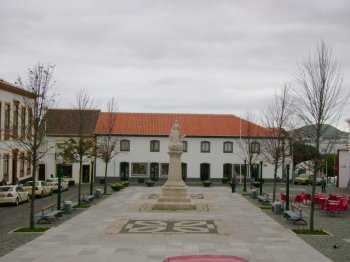
Chafariz de Vila Nova de Poiares
- heritage
Praça Luís de Camões
3350, Vila Nova de Poiares
Fountain with a round base with four spouts and a statue of a saint at the top.
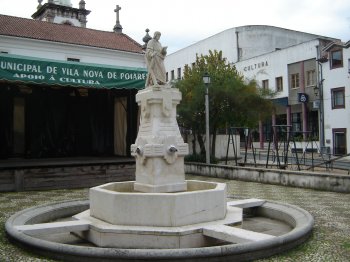
Igreja Matriz de São Miguel de Poiares
- heritage
Caminho dos Lameiros
3350-211, Vila Nova de Poiares
The church is located on a plain area, next to the cemetery, in a relatively isolated place, with the large churchyard standing out. It is a regular longitudinal composite plan, in the Baroque style, dating from the 18th century (more precisely from 1742), still used today in Catholic worship.
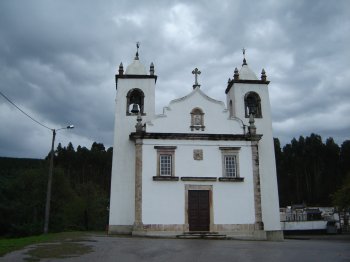
Capela de Nossa Senhora das Necessidades
- heritage
EM1541
3350, Vila Nova de Poiares
Chapel inaugurated on September 5, 1909 by the Brotherhood of Nossa Senhora das Necessidades. The objective was to replace the old chapel, which was in poor condition. In the new chapel, with revivalist architecture, elements from the older chapel were applied. Pilgrimages take place during festivals in honor of Senhora das Necessidades.
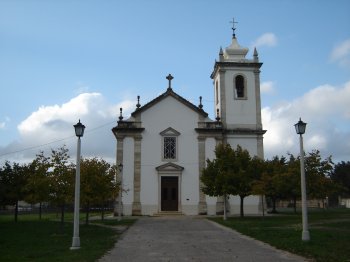
Dólmen de São Pedro Dias
- heritage
Poiares
3350-211, Poiares
This megalithic monument is in a high state of degradation. It was built by Neochalcolithic communities and is around 25 meters long, with only the mound and traces of the chamber preserved.
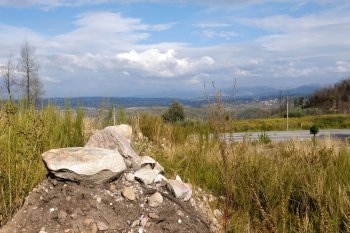
Biblioteca Municipal de Ansião
- heritage
Rua Doutor Pascoal de Melo Freire
3240-144, Ansião
Library with various services available, from traditional book requests to the latest technologies, such as Internet access and music.
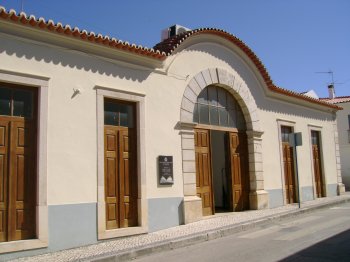
Moinhos do Outeiro
- heritage
Outeiro
3240, Outeiro
Set of wooden mills, with panoramic views of the Serra do Sicó.
